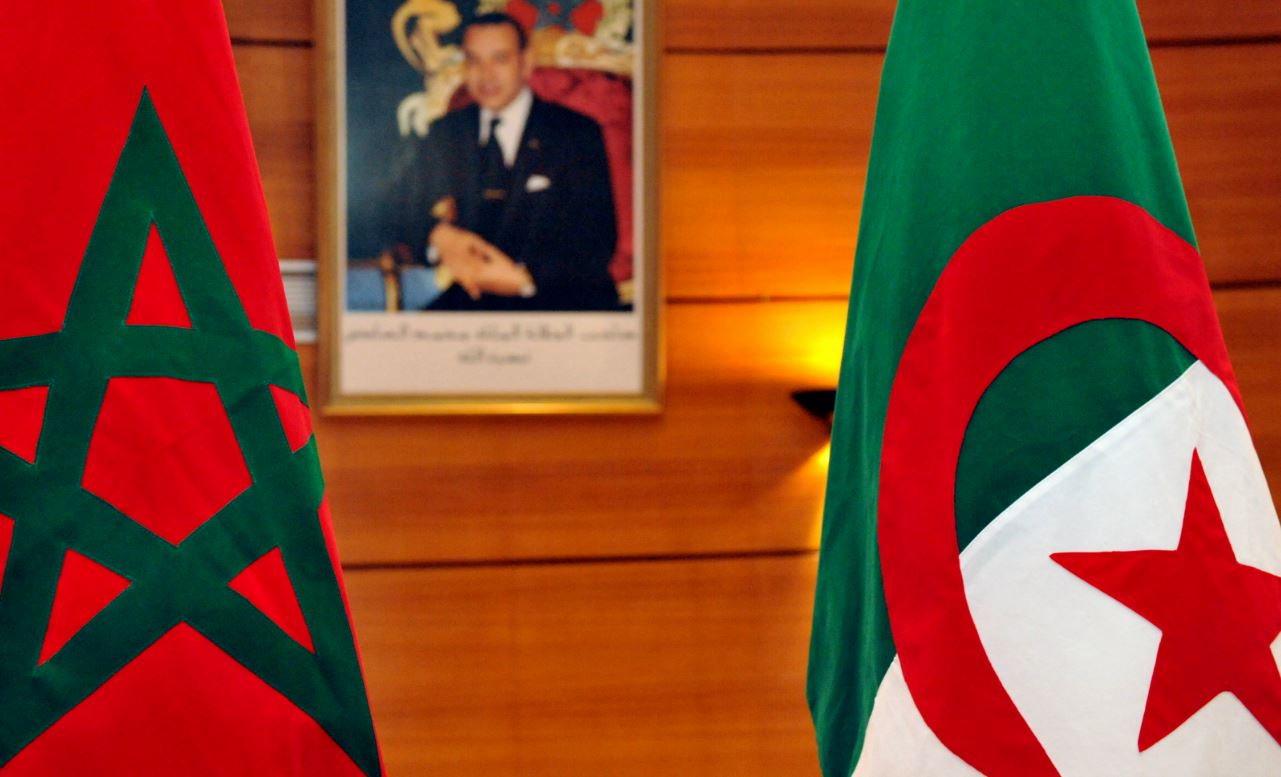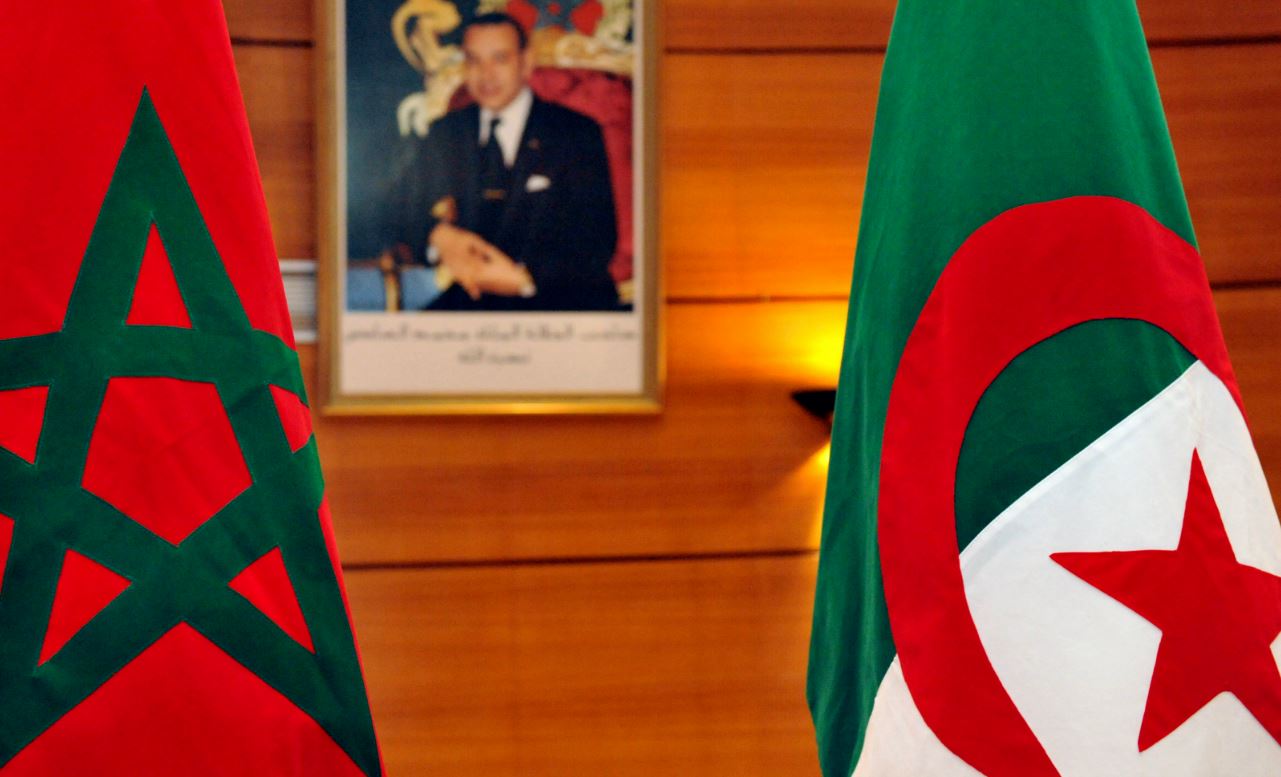
Morocco’s Invitation to Algeria for Dialogue Falls on Deaf Ears

Algeria has not yet responded to Morocco’s invitation for a frank dialogue in order to mend bilateral relations and build a strong regional union.
After no formal response was issued, some Algerian papers cited a senior official in the Algerian regime as qualifying the call for dialogue as a “non-event.”
The same official reiterated his country’s stance of laying pre-conditions for dialogue between the two countries.
Such statements show Algeria’s lack of interest in reviving the moribund Maghreb Union, which can only be built through a frank dialogue between the two heavyweights, Morocco and Algeria.
In Algeria unfortunately there is only much fuss when it comes to the Maghreb Union. Algeria, the country that shares borders with all countries of the Maghreb, is urging efforts to build the Maghreb but at the same time maintains its borders closed with almost all its neighbors.
This closed-border attitude is reflective of a lack of a neighborhood policy in an increasingly integrated continent where collective efforts are the best means to countering trans-border challenges.
Algeria has kept its borders closed with Morocco since 1994. Despite multiple calls from its western neighbor to open the borders for the flow of people and goods, Algeria sticks to its decision in a bid to suffocate Morocco’s eastern region economically.
The hidden agenda behind closing the borders with Morocco was an illusion nurtured by the Algerian regime that the Kingdom will succumb to their oil-funded hegemonic schemes in the region. Algeria, which hosts, arms and funds the separatist Polisario militia, has made of isolating Morocco the supreme goal of its diplomacy.
Deeming the Maghreb integration as a zero sum game, Algerian officials, who continue to be hostage to a cold war mentality, think that opening the borders will be more beneficial for Morocco, which has an attractive tourist market luring Algerian tourists.
They also think that the free movement of goods will mostly benefit Morocco, which has a free market and a more competitive industry in contrast to Algeria’s full dependency on hydrocarbons as a source of revenue.
Yet, they ignore that maintaining the status quo by keeping the Algerian economy isolated will further undermine competitiveness and leave Algeria in the rear bottom of doing business ranking.
Using the security alibi to prevent the freedom of movement of people and goods in the region is flawed. Fighting terrorism and drug trafficking in the region should be a collective endeavor as national approaches have long proved their inefficiency.
Algeria’s hegemonic schemes, its closed-border policy and support for separatism in the Sahara have been factors that hampered the achievement of the Maghreb Union.
The economic cost is tremendous. The low performance of this regional block is evidenced in an intra-Maghreban trade not exceeding 4.8% of the Maghreb’s trade volume representing less than 2% of the sub-region’s combined GDP.
If the five Maghreb countries were integrated, each would gain a minimum 5% rise in GDP, the World Economic Forum said in a report published in late 2017.
Deeper integration, including the liberalizing of services and reform of investment rules would have increased the per capita real GDP between 2005 and 2015 by 34% for Algeria, 27% for Morocco and 24% for Tunisia.
In light of the lack of willingness from Algerian officials to engage in sincere efforts to reinvigorate the Union along the lines of its founding Marrakesh Treaty, the Maghreb Union will remain one of the worst performing trading blocks in the world, pushing its member states to seek alternatives elsewhere.
